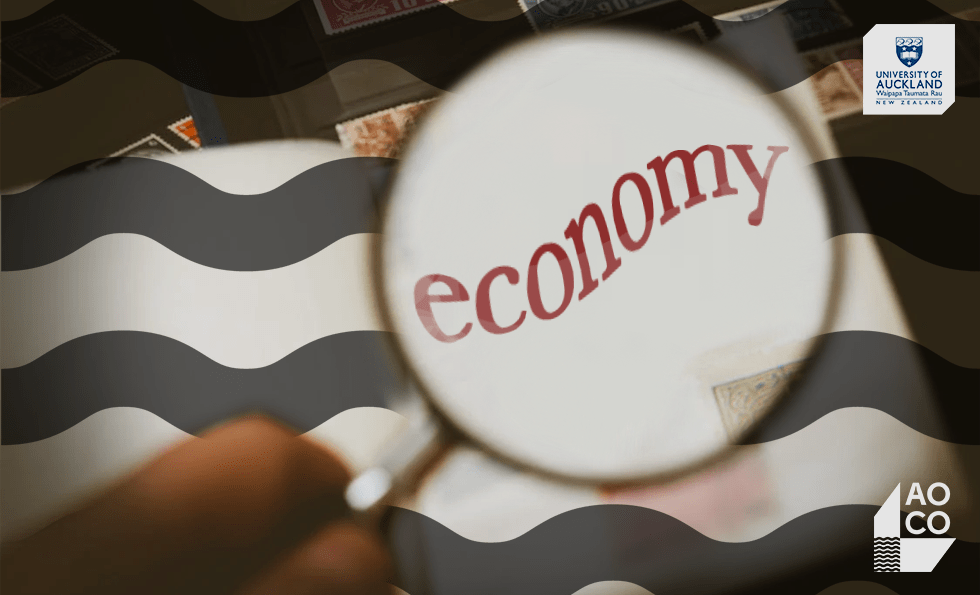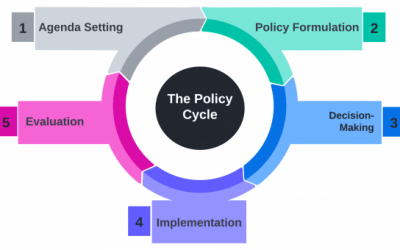New Zealand is a small open economy that is highly integrated with the global economy. This means that our economic performance is closely linked to the performance of our trading partners. In recent years, the global economy has been undergoing a period of significant change, driven by factors such as globalisation and regionalization. These changes have had a significant impact on New Zealand’s economy, and they will continue to do so in the years to come.
New Zealand is in a recession because its economy has contracted for two consecutive quarters. The first quarter of 2023 saw a 0.1% decline in GDP, and the second quarter saw a 0.2% decline. Since the technical definition of a recession is two consecutive quarters of negative GDP growth, the New Zealand economy is regarded as officially in recession.
Globalisation and Regionalization
Globalisation is the process of increasing interconnectedness between countries and economies. This is driven by factors such as trade, investment, and technology. Regionalization is a subset of globalisation, and it refers to the process of economic integration between countries in a particular region.
Globalisation and regionalization have had a significant impact on the New Zealand economy. For example, trade has increased significantly in recent years, and New Zealand is now more integrated into the global economy than ever before. This has led to increased economic growth and prosperity for New Zealand.
However, globalisation and regionalization have also posed some challenges for New Zealand. For example, the increasing competition from other countries, like export competitiveness, has put pressure on New Zealand businesses. Additionally, the rise of new technologies has led to the displacement of some jobs in New Zealand.
Short- and Long-Term Strategies
In order to succeed in the global economy, New Zealand needs to adopt a number of short- and long-term strategies. In the short term, New Zealand can focus on improving its productivity and competitiveness. This can be done by investing in education and training current and future workforces, and by making it easier for businesses to start and grow.
In the long term, New Zealand can focus on developing new industries and markets. This can be done by investing in research and development, and by promoting innovation. Additionally, New Zealand can strengthen its ties with other countries in the region.
Conclusion
The New Zealand economy is facing a number of challenges in the global economy. However, by adopting the right strategies, New Zealand can overcome these challenges and continue to prosper in the years to come.
If you are interested in learning more, Auckland Online has a short course on the Global Economy and New Zealand . In this course, you will learn about the impact of globalisation and regionalization on the New Zealand economy, as well as the opportunities for small trading nations such as New Zealand.
Start Your Online Learning Journey
WWe collect your contact details so we can send you information about studying at the University of Auckland. Please read our Privacy Policy for more information.
Perspectives in Public Policy – The Policy Cycle
What is Public Policy? According to Wilson (2009), public policy is what governments decide to do, or not do, and their explanations for the outcomes of those decisions in the real world. A recent example of this is the government's 2019 cash injection into the mental...
Why do businesses need data privacy and information professionals?
Gehan Gunasekara argues that digital transformation is about people and skills training Information professionals are critical to surviving in the digital age. For example, those such as privacy officers, information officers or data protection adviser in...
Choosing an online programme in a crowded market
As a working professional, committing to part-time study is a significant commitment. Whether you are returning to study or embarking on your study journey for the first-time, choosing the right programme for you is critically important. The following article...





